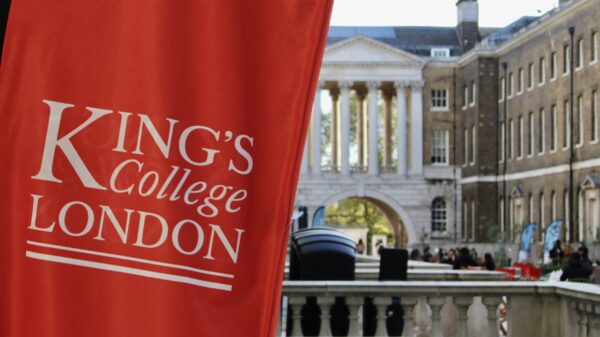Following an announcement at the Labour Party conference, on 29 September Education Secretary Bridget Phillipson outlined the return of Maintenance Grants for select students across the UK.
A decade since the grant was previously scrapped by the Chancellor George Osborne, the announcement claims to benefit students who study “priority courses” that plan to support the industrial goals and motives of the Labour government. A significant catalyst in the government’s ‘Plan for Change’.
The statement succeeds the 20% decline in maintenance loans in the past 5 years. So, the means-tested grants will return with the aim to financially aid lower-income students in higher education. The grants will support ‘priority’ students whose courses align with the government’s “industrial strategy” which fall under Levels 4 to 6 of the Lifelong Learning Entitlement (LLE).
The grants will be funded under a new international student levy issued in a recent immigration white paper. Estimates suggest that these levies could raise more than £600 million per year.
However, details and eligibilities required to apply are yet to be confirmed. Phillipson announced this information is set to be clarified in this November’s Autumn Budget.
Previously, students who lived in a household of £25,000 or less were eligible to apply for a maximum grant of £3,387 a year. Unlike a maintenance loan, these grants did not have to be repaid, costing the government £1.57 billion per year.
The cost placed pressure on taxpayers, who Osborne claimed, suffered from the “basic unfairness […] to fund grants for people who are likely to earn a lot more than them”. Phillipson rebutted that “[the Conservatives] treated our universities as a political battleground, not a public good. Labour is putting them back in the service of working-class young people.”
With the rise in living costs, students are now facing greater economic inequalities. Students are more likely to take on over 20 hours of part-time work per week to cover livings costs and studies at university, in addition to their studies. New data revealed that 55% of students are now doing paid work, compared to 45% last year.
Following these revelations, Phillipson claimed that students’ “time at college or university should be spent learning or training, not working every hour God sends.”
Findings from the Higher Education Policy Institute (HEPI) revealed a student needs a minimum of £61,000 to live a ‘socially acceptable standard of living’ throughout a 3-year degree, excluding the additional costs of fees.
Nonetheless, the reintroduction of the grants has become subject for debate. Universities UK argued that the return of the grants was “the right idea – but this would be executing it in the wrong way”.
Chief executive, Vivienne Stern, argued it would not help disadvantaged students, but “would reduce the number of places available for domestic students”, as universities would be forced to spend less to expand their access and outreach to support students due to funding shortfalls caused by the international student levy.
Others, such as Nick Harrison, CEO of the Sutton Trust, believed it poses a positive step forward. He argued students with the lowest-income backgrounds “have been hit hard by the rising cost of living, [so the return of grants is] a step in the right direction in equalising access to higher education”.
Universities with the highest capacity of international students will face the biggest financial reductions. Jonathan Simons, from the think tank Public First, estimated that in the first 5 years, the policy could lead to 77,000 fewer international students at university, costing the government £2.2 billion.
Universities in London would face a dramatic loss in financial resources as a result of the international student levy. University College London (UCL) is set to lose £42 million and King’s College London (KCL) is set to lose £22 million. With the potential decline in funding, universities will continue to axe courses, reduce teaching and research, and close facilities to save further costs.
Further plans are set to be revealed in the upcoming months for reforms to higher education in the Post-16 Education and Skills White Paper.
















